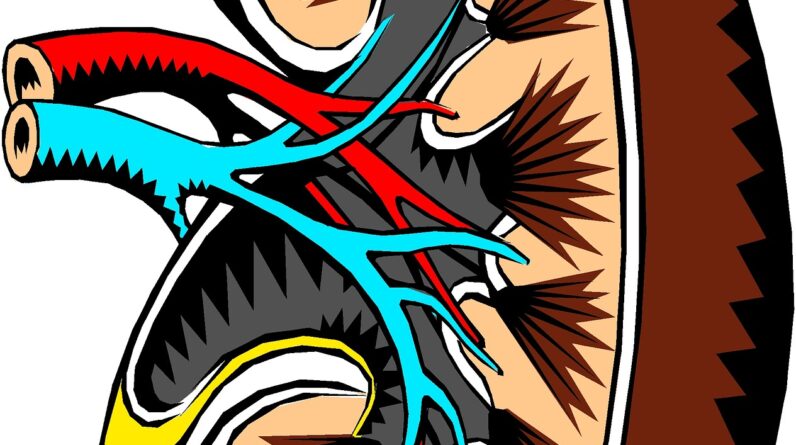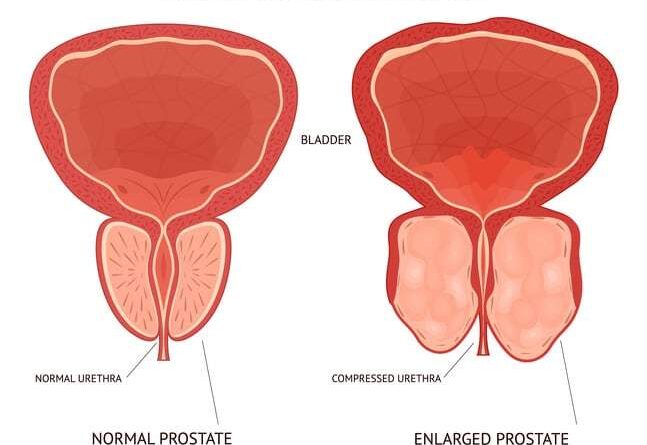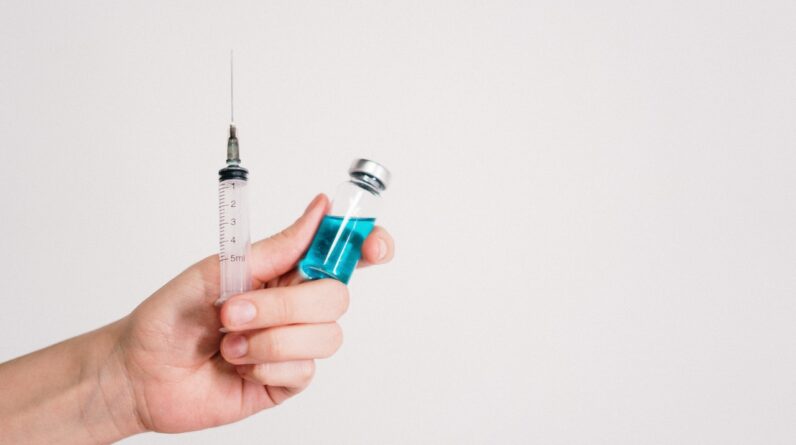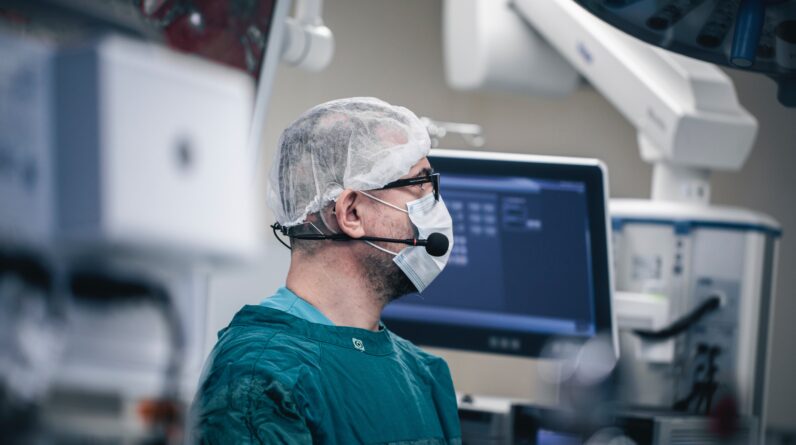
Introduction to Prostate Surgery
What is Prostate Surgery?
Prostate surgery, commonly known as prostatectomy, is a surgical procedure performed to remove part or all of the prostate gland. It’s often a solution for men with prostate cancer, enlarged prostate, or other prostate-related health problems.
Why is it Done?
This surgery primarily aims to prevent the spread of cancer, alleviate symptoms related to an enlarged prostate, and improve quality of life. While it’s beneficial, it can sometimes result in unintended side effects and complications.
Common Kidney Problems
There’s a range of kidney issues that can follow Prostate surgery. Let’s explore them.
Kidney Infections
An infection can develop if bacteria enter the kidneys. This can lead to symptoms such as fever, pain, and frequent urination.
Kidney Stones
Kidney stones are hard deposits made of minerals and salts that form inside your kidneys. They’re often excruciatingly painful and might be a complication post-prostate surgery.
Acute Kidney Injury
In severe cases, prostate surgery can result in acute kidney injury. This abrupt episode of kidney failure or kidney damage can occur within a few hours or days.
Connection Between Prostate Surgery and Kidney Problems
How Prostate Surgery Can Lead to Kidney Problems
The urinary system and kidneys are interconnected. Any procedure involving the prostate gland may unintentionally affect the kidneys, leading to the aforementioned problems.
Risk Factors for Developing Kidney Problems
Certain factors, such as age, pre-existing kidney conditions, and general health status, can heighten the risk of kidney problems after prostate surgery.
Prevention and Management
Tips to Prevent Kidney Problems After Prostate Surgery
To prevent kidney problems, maintain a healthy lifestyle, stay hydrated, and follow all post-operative care instructions. Regular check-ups are vital to detect any issues early on.
Managing Kidney Problems
If kidney problems do arise, they can often be managed with medication, dietary changes, and sometimes additional procedures.
Consultation with Healthcare Professionals
When to See a Doctor
If you’ve had prostate surgery and notice symptoms like painful urination, lower back pain, or unexplained fever, it’s crucial to seek medical attention promptly.
In Conclusion
Your health is paramount. Prostate surgery can be life-changing and beneficial for many, but the potential kidney complications that can follow should not be taken lightly. Regular health checks and communication with your healthcare provider are crucial to avoid and manage these complications effectively. Remember, it’s better to prevent than to treat.
Prostate surgery is a significant medical intervention that, while it can improve your quality of life, comes with potential complications like kidney issues. Understanding these complications, their risk factors, and management strategies is crucial in your post-operative journey.
FAQs
1. What are the most common kidney problems after prostate surgery?
The most common kidney problems after prostate surgery are kidney infections, kidney stones, and acute kidney injury.
2. How can I prevent kidney problems after prostate surgery?
Staying hydrated, maintaining a healthy lifestyle, and having regular check-ups can help prevent kidney problems after prostate surgery.
3. When should I see a doctor for kidney problems?
If you’re experiencing symptoms such as painful urination, lower back pain, fever, or other unusual symptoms, you should see a doctor immediately.
4. Can all kidney problems after prostate surgery be treated?
Most kidney problems can be managed with medication, dietary changes, or in severe cases, additional procedures. However, prevention is always the best approach.
5. Are kidney problems a common occurrence after prostate surgery?
While kidney problems can occur after prostate surgery, they are not inevitable. Factors such as your overall health, age, and any pre-existing kidney conditions can influence the likelihood of developing post-operative kidney problems.
6. What is the relationship between the prostate and the kidneys?
The prostate and kidneys are both integral parts of the male urinary system. Any disruption or change in the prostate, such as through surgery, can inadvertently affect the functioning of the kidneys, leading to potential kidney problems.
7. Are there any specific diet recommendations to prevent kidney problems post-surgery?
A healthy, balanced diet can support kidney health. This often includes staying well-hydrated, limiting intake of sodium, consuming moderate amounts of protein, and eating plenty of fruits and vegetables. However, specific dietary recommendations should be discussed with a healthcare provider or nutritionist.
8. Can I lead a normal life after prostate surgery even with kidney complications?
Yes, many people lead normal lives after prostate surgery, even with kidney complications. Most kidney problems can be managed effectively with the right medical care and lifestyle modifications.
9. How soon after prostate surgery can kidney problems occur?
Kidney problems can occur soon after surgery or develop over time. This varies depending on many factors, including the individual’s health status and the type of prostate surgery performed.
10. Are there any tests to identify kidney problems after prostate surgery?
Yes, various tests can help identify kidney problems, such as blood tests, urine tests, ultrasound, and in some cases, more detailed imaging like a CT scan or MRI. Regular post-operative check-ups often involve some of these tests to monitor kidney function.







